In the breathtaking world of Nigerian entertainment, the lights are bright, the celebrities are louder-than-life, and the headlines are endless. Yet beneath the surface of glamour, chart-toppers, and trending hashtags lies a complex web of media manipulation, driven by profit, perception, and power. This is not a new phenomenon nor is it uniquely Nigerian but the local industry has evolved its own brand of narrative control that often blurs the lines between publicity and propaganda.
This investigative piece peels back the layers, exposing how some of Nigeria’s most celebrated artists, media platforms, and entertainment gatekeepers have used manipulation as a tool crafting fame, controlling controversy, silencing dissent, and shaping what the public believes.
The Rise of the Nigerian Entertainment Media Machine
In the early 2000s, the Nigerian music industry was still largely organic. Radio DJs, CD marketers in Alaba, and street-level fans drove hype. But with the rise of entertainment blogs like Linda Ikeji’s Blog, Notjustok, BellaNaija, and later, influencer-run Twitter accounts, the machinery changed. The media no longer just reported entertainment, they manufactured it.

This new era meant visibility could be bought, and stories could be sculpted. Once artists and their teams understood the influence of blog mentions, playlist placements, Instagram gossip, and Twitter trends, the game shifted. Overnight fame became possible but often, it was built on smoke and mirrors.
Read Also: Music: Nigerian Men Who Ruled the Music Scene in the 2000s
Fabricated Fame: Buying Buzz, Streams, and Followers
In today’s digital music ecosystem, numbers are everything; YouTube views, Spotify streams, Instagram likes, and X (formerly Twitter) trends. These metrics determine not only popularity but brand deals, invitations to international stages, and even award wins.
Insiders tell BsgistNews that it’s common practice for PR teams and labels to buy YouTube views, inflate Spotify/Apple numbers via bots, or manipulate charts using paid streaming farms. One manager, who asked not to be named, confirmed:
“It’s a standard marketing expense now. If you’re not faking it, you’re losing the perception war.”
Even social media clout is frequently engineered. Artists with 2 million followers may average less than 500 real engagements per post, suggesting bulk purchases of fake followers. But perception is key. A rising artist with inflated stats appears more successful, pulling real attention from fans, media, and investors alike.
The PR-Scandal Playbook
There’s a well-documented cycle in Nigerian entertainment; an artist trends for a scandal, goes quiet, and suddenly drops a song or project. Often, the scandal was manufactured or at least amplified to increase attention.
Take, for instance, high-profile artist breakups, Twitter wars between two artists, or sudden “leaks” of private messages. While some are genuine, many are coordinated. Coded references, indirect disses, and “accidental” slip-ups during Instagram Lives are usually calculated for reach.
Industry insiders refer to this as the “3-Day Rule” a timeline where coordinated chaos is allowed to brew just enough for maximum attention, then neutralized with a new release. As one anonymous social media handler told us:
“We don’t pay blogs to promote music anymore; we pay them to create noise before the drop.”
Award Show Politics and Industry Favoritism
Award shows in Nigeria from The Headies to Soundcity MVP have long faced allegations of manipulation. While organizers often tout public voting and jury panels, artists and fans alike have repeatedly questioned the integrity of some wins and snubs.
In one notorious example, an artist with over 10 charting singles in a year was overlooked in favor of a newer artist with far less traction rumors swirled that the latter’s label had ties to the show organizers.
As far back as the late 2000s, artists have publicly boycotted or refused to attend award shows over these concerns.
“Sometimes, it’s not about who deserves it,” a former label executive said. “It’s about who’s owed a favor, who’s trending, or who’s paying.”
Some shows reportedly require artists to perform or attend in exchange for nominations turning recognition into a form of negotiation, not merit.
Media Silence and Selective Coverage
Media platforms are not immune to external influence. From paid content disguised as organic praise, to complete omissions of scandals due to soft relationships with a celeb or label, editorial bias is widespread.
One top blogger revealed that certain artists have contracts with media houses to suppress negative news.
“You won’t find their name in scandal pieces. We just get told not to post it; money has exchanged hands.”
This creates a dangerous imbalance; some artists are untouchable, while others become the scapegoats for traffic. It’s especially harmful in cases involving serious allegations; abuse, fraud, or drug scandals which get buried or reshaped through PR spin.
Influencers, Stan Culture, and X (Twitter) Manipulation
With the growth of influencer culture, the manipulation game moved from blogs to social media especially Twitter, now X. “Trend farming” became an industry of its own. Artists or their teams pay influencers or bot farms to push hashtags, trend topics, or target rival artists.
A 2022 report by a digital marketing agency revealed that over 40% of entertainment-related trends in Nigeria are artificial, fueled by paid engagement.
Stan accounts (fan-run accounts) are sometimes orchestrated by label teams, not actual fans. They are used to attack rival artists, push fake streaming numbers, or spread coordinated narratives (e.g., “Davido, Burna Boy and or Wizkid is the biggest artist in Africa”) when no one has the milestone to be the biggest.
This weaponized fan behavior has scared journalists away from objectivity.
“Write anything negative even if true and you’re spammed with insults and death threats,” one critic revealed.
Blacklisting and Quiet Censorship
What happens when an artist refuses to play along?
Several artists have spoken about being blacklisted; denied interviews, blog coverage, playlisting, or even radio spins because they fell out with powerful media or label figures. Sometimes, these artists are buried under NDAs and non-compete clauses, unable to even address their silencing.
A rising female artist who once challenged her label’s exploitative contract told BsgistNews she was warned never to grant press interviews without label approval. When she refused, all coverage of her upcoming single vanished.
The game is not fair. Those who play it best survive not always those with the best talent.
Case Files (Individual and Event cases)
Over the years, several incidents in the Nigerian entertainment space have raised red flags about how media narratives are manipulated either through silence, distraction, or staged controversy. Below are notable examples that point to deeper industry control:
1. Mohbad’s Death and the Deafening Media Silence (2023)
When Ilerioluwa Aloba, popularly known as Mohbad, died under suspicious circumstances in September 2023, the public outcry was massive. But what was equally striking was how major entertainment blogs and Instagram gossip platforms that previously covered his music extensively went completely silent for the first 48 hours. [Source: Wikipedia]
The delay in reporting and investigation his death, the refusal to interrogate his fallout with Marlian Records, families, and the apparent media vacuum suggested external pressure possibly from entities that feared what full disclosure could reveal. Investigations by journalists and netizens, not the mainstream entertainment press, fueled the #JusticeForMohbad movement.

2. Burna Boy’s Scandals Disappearing Overnight
Burna Boy, despite being one of Nigeria’s biggest global exports, has faced multiple public scandals; from altercations with fellow artists to reports of nightclub violence involving his security team.
In June 2022, Burna Boy was accused of having his police escort shoot at patrons in Cubana nightclub, Lagos. The story made waves on Twitter, yet most blogs downplayed the incident, and some completely deleted posts about it. It was later revealed that top bloggers had received legal threats and indirect financial incentives to “let the matter die.” [Source: BBC reports]
Within a week, Burna dropped “Last Last”, which trended globally. Coincidence? Perhaps. But the scandal-to-single-drop pattern raised eyebrows in media circles.
5. The Headies 2015: Lil Kesh vs. Reekado Banks Controversy
In 2015, the Next Rated Award at The Headies went to Reekado Banks (then signed to Mavin), causing a public uproar. Many believed Lil Kesh (YBNL) had a stronger year with hit songs like “Shoki” and “Efejoku.”
For #ThrowbackThursday and ahead of new music by Reekado Banks, we refresh this memory from the Headies 2015 – starring Don Jazzy, Olamide, Reekado & Lil Kesh. 🙆🏾♂️ pic.twitter.com/CUodKjifA7
— WeTalkSound (WTS) (@wetalksound) September 24, 2020
Olamide’s outburst on the event-show, followed by Don Jazzy’s calm rebuttal, highlighted how deeply embedded politics and label influence had become in award shows. It exposed the unwritten rule that certain award wins are less about public votes and more about backroom influence.
The Cost of Controlled Narratives
While manipulation may help sustain hype, it harms the integrity of the industry. The most deserving artists are not always the most visible, and consumers are robbed of transparency.
It also creates mental health pressures for artists forced to maintain fake personas or endure orchestrated attacks. Journalists are limited in their reporting. And young fans absorb curated lies as truth, idolizing not talent but algorithms.
Who Controls the Truth?
The Nigerian entertainment industry is booming, but its glitz often conceals a darker truth; the media doesn’t just reflect the industry, it shapes it. And that shaping is often done with money, influence, and manipulation.
But not all hope is lost. Independent journalists, whistleblowers, and observant fans are now pushing back, demanding more accountability. Platforms like BsgistNews, with its commitment to nuanced reporting and cultural integrity, must continue asking the difficult questions.
Because behind every glittering headline may lie a carefully constructed illusion. And behind every silence, a story that was never told.
Have you witnessed manipulation in Nigerian entertainment media? Reach out to BsgistNews anonymously at editorial@bsgistnews.com.ng.
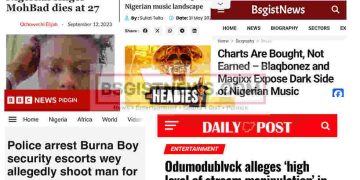














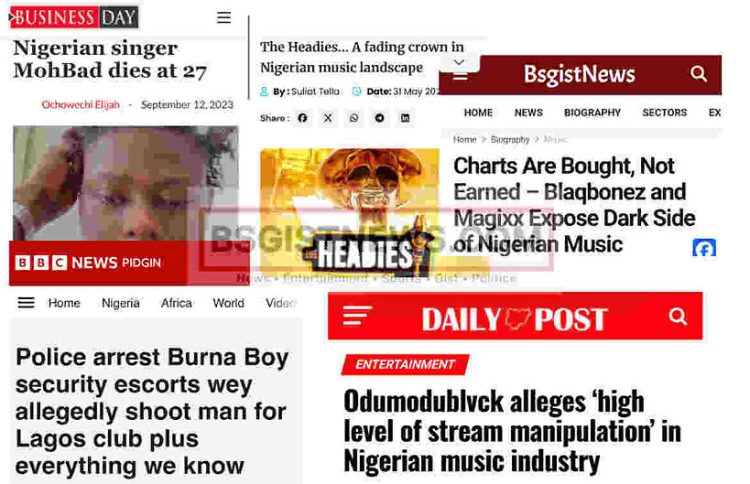



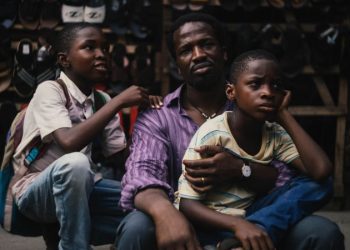
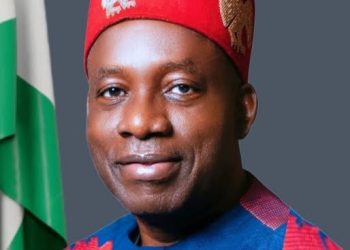
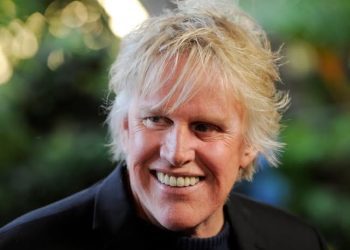
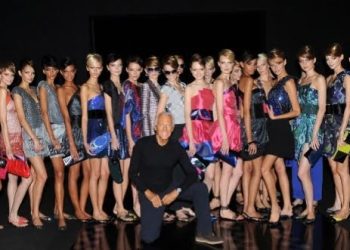

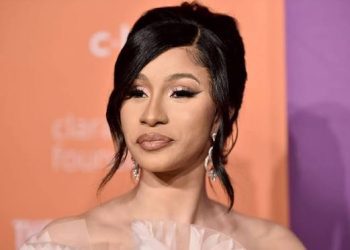

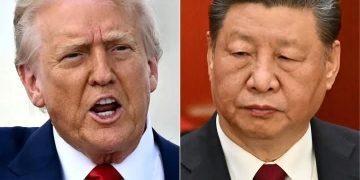
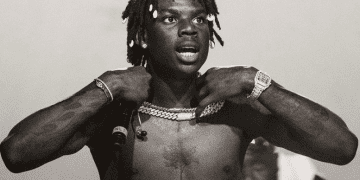




Comments 1